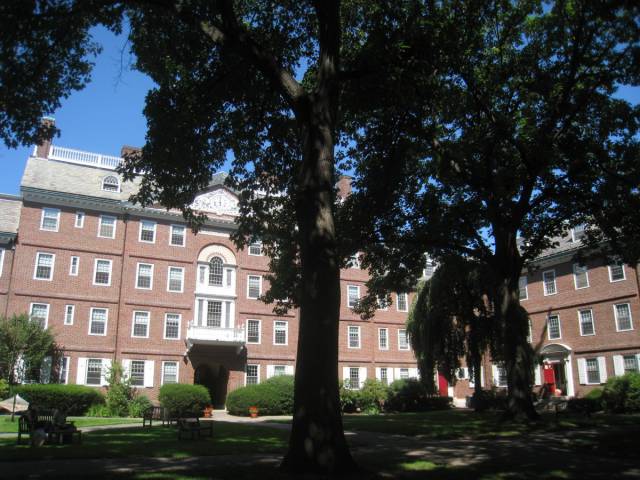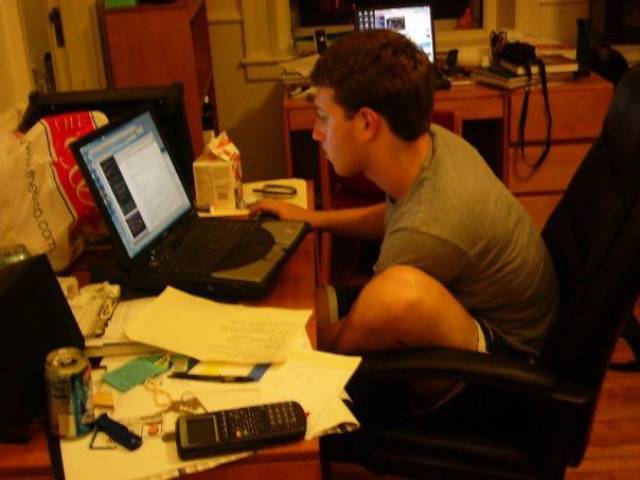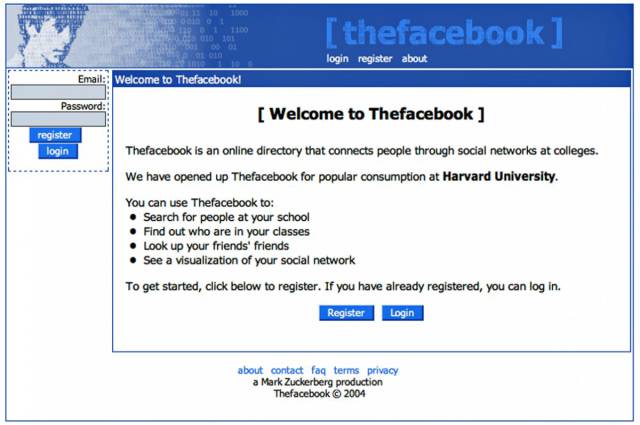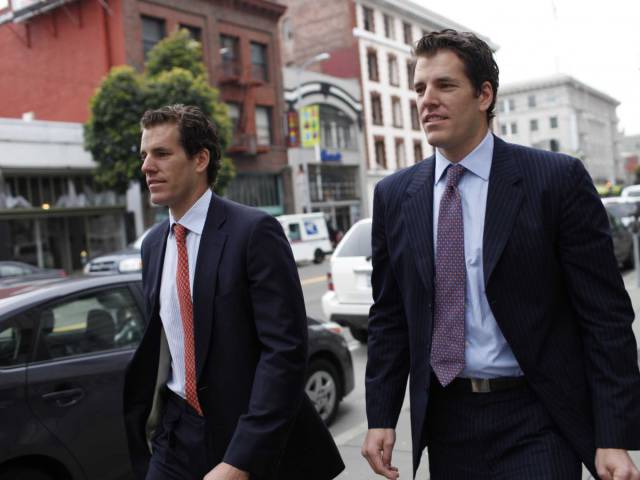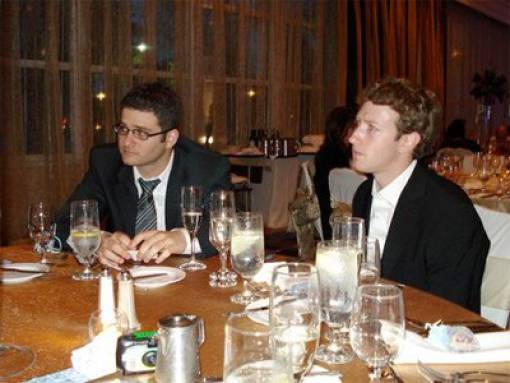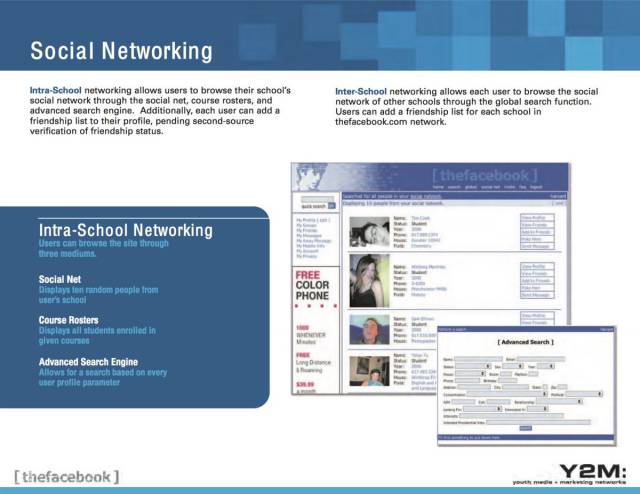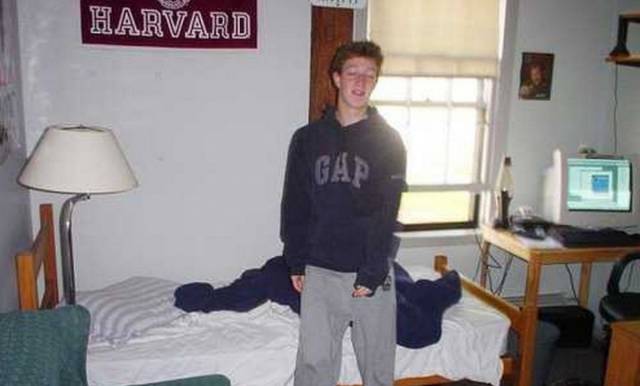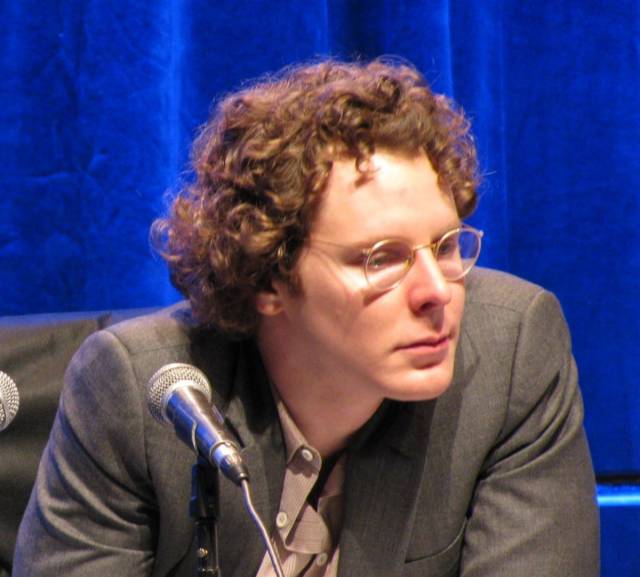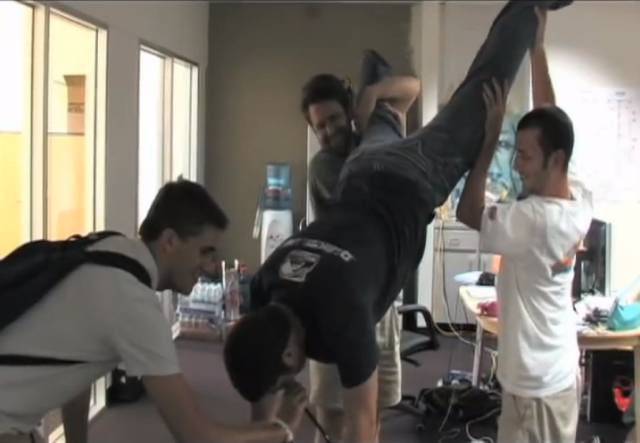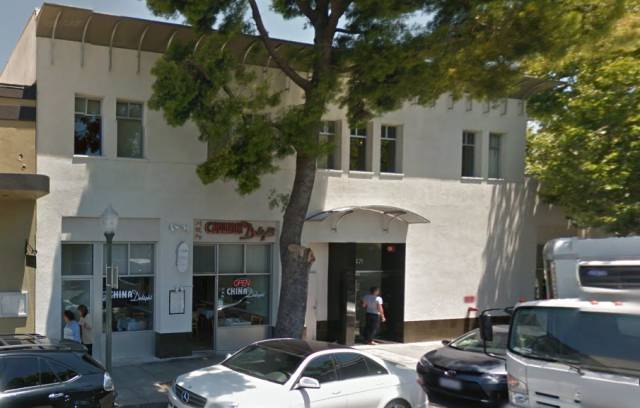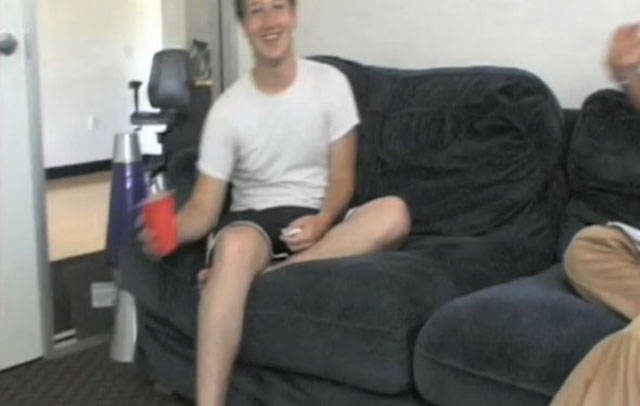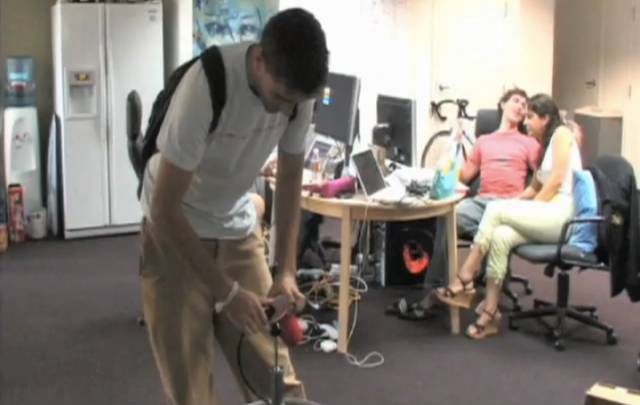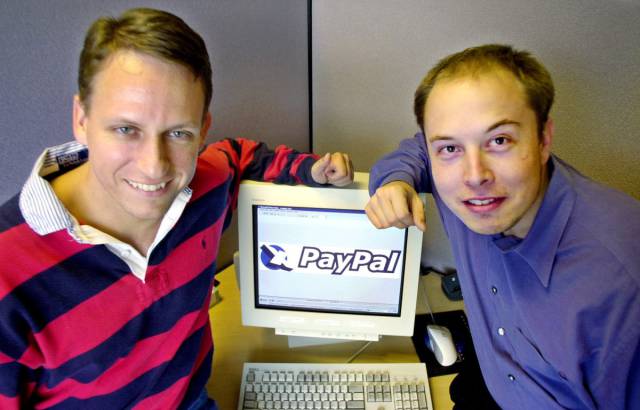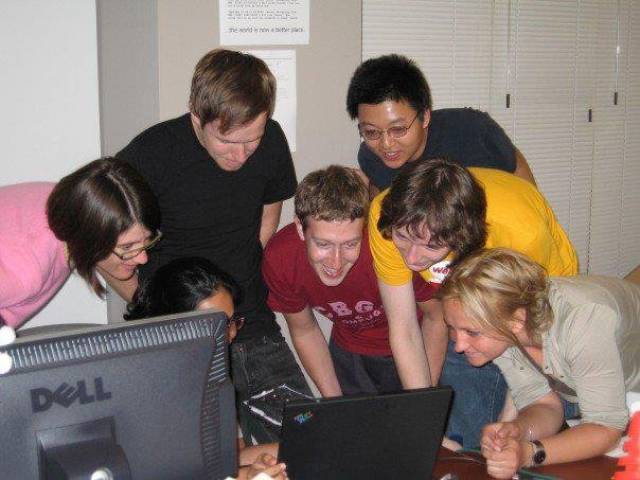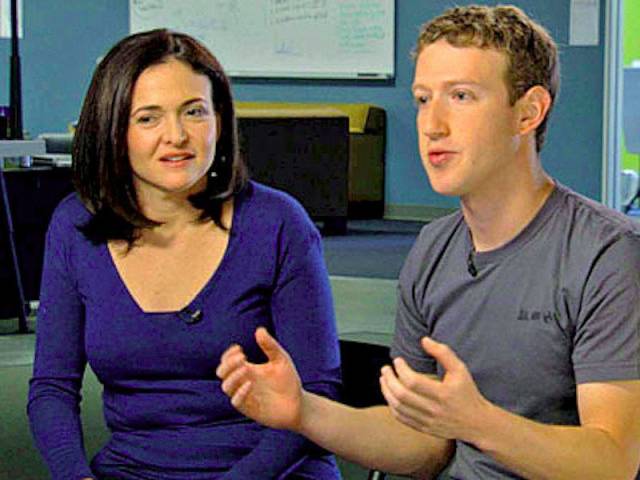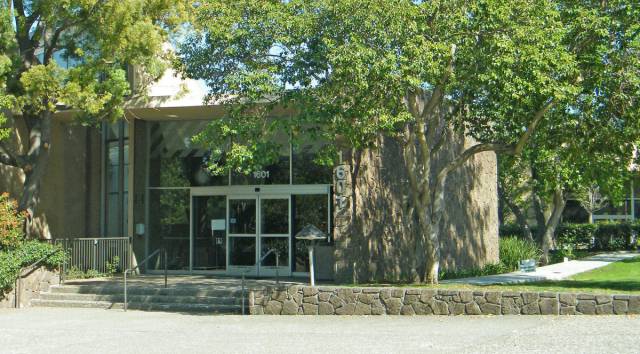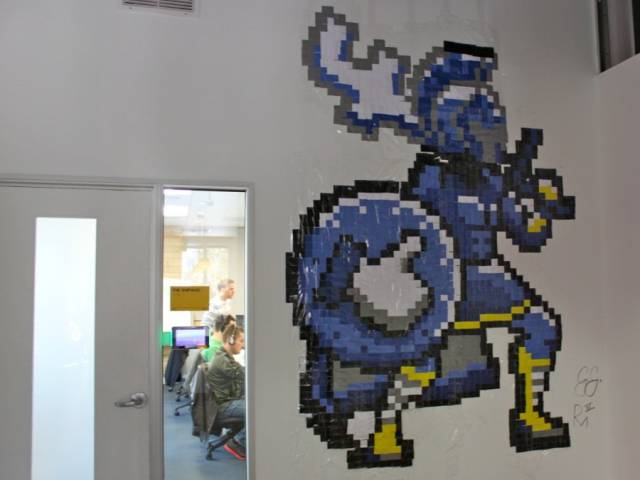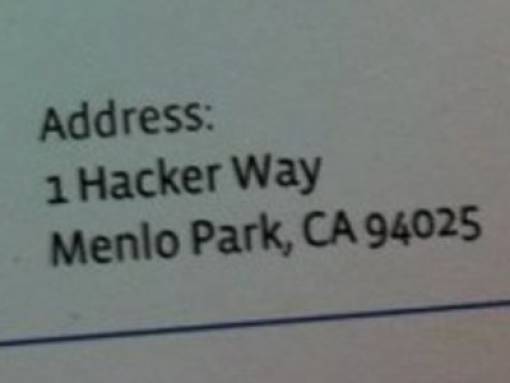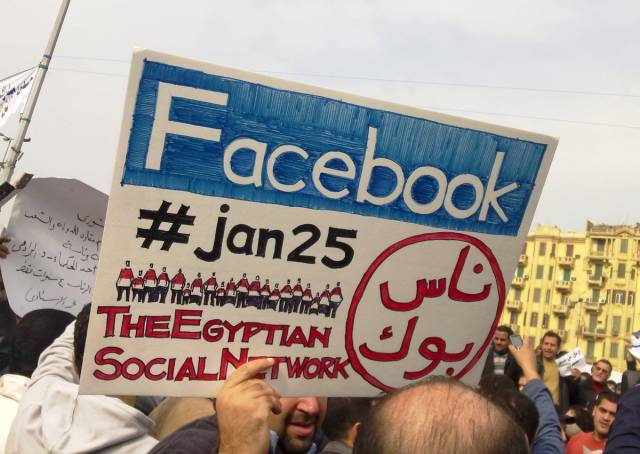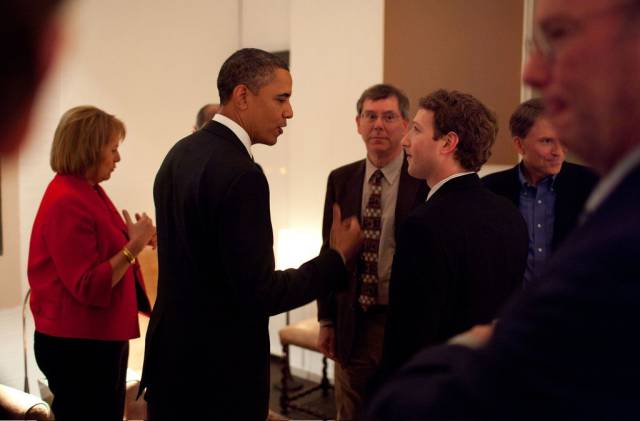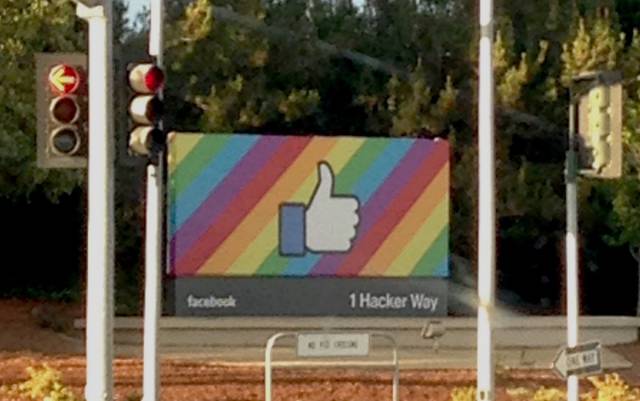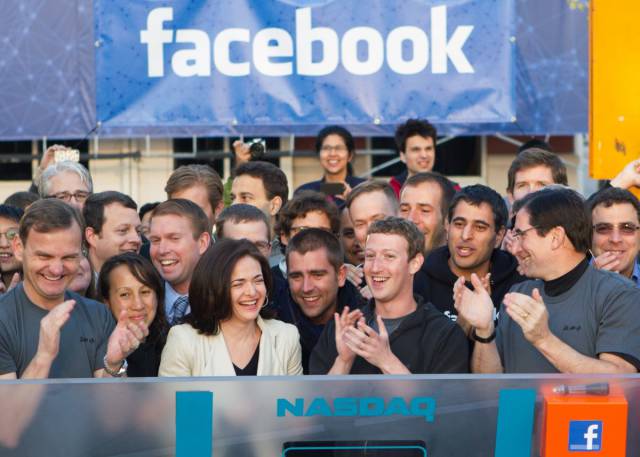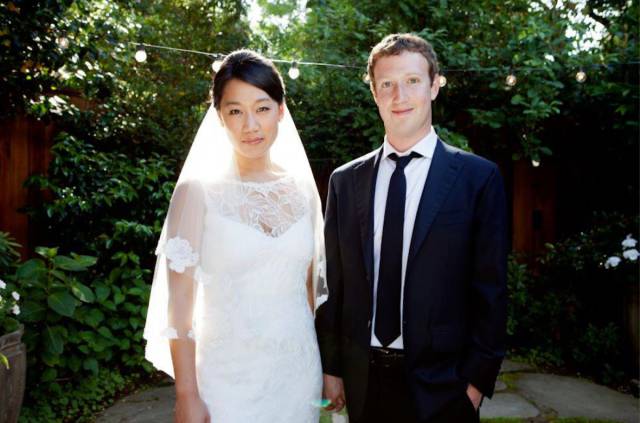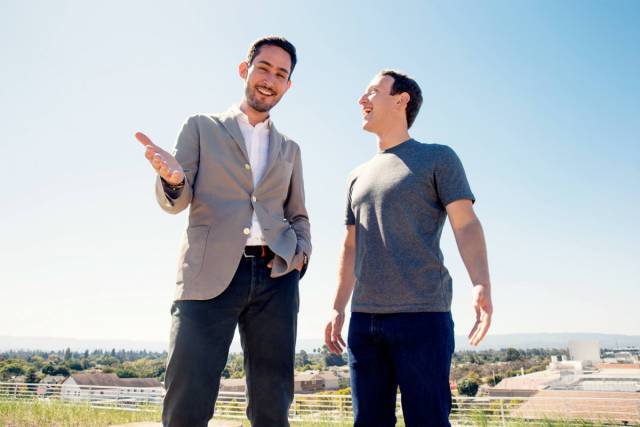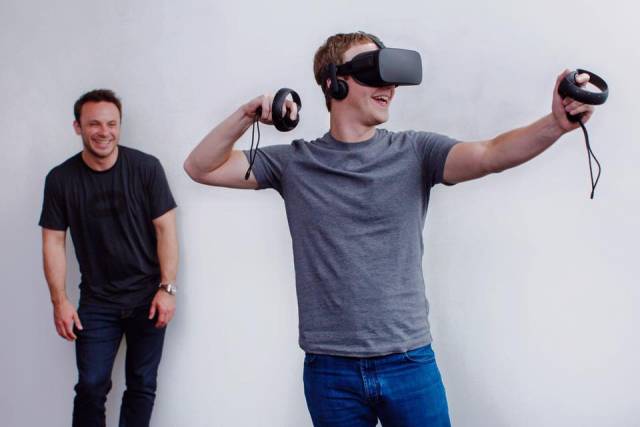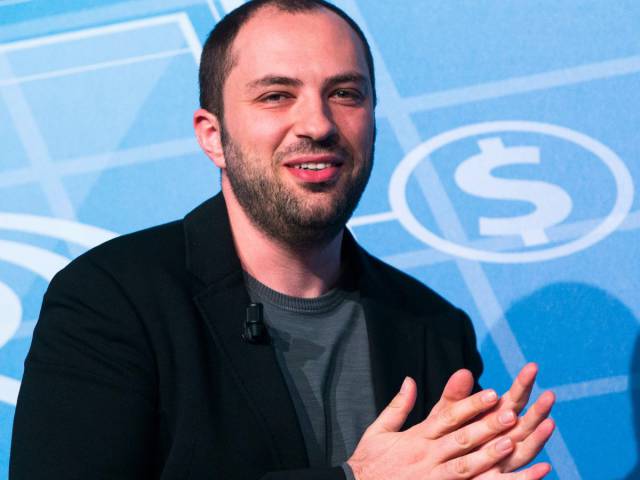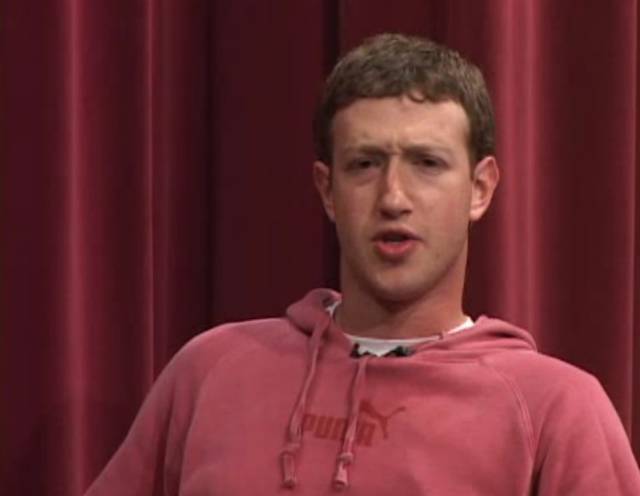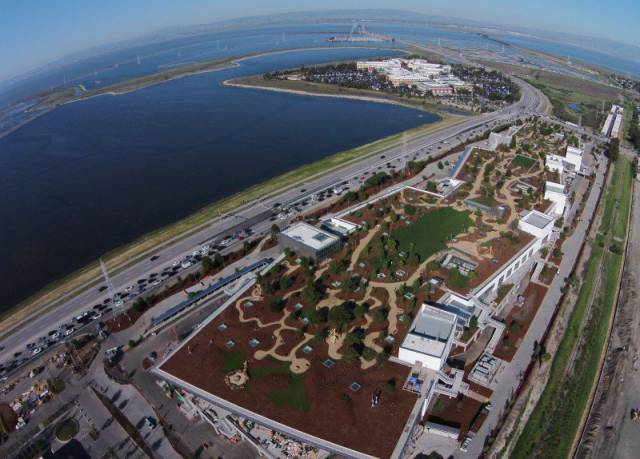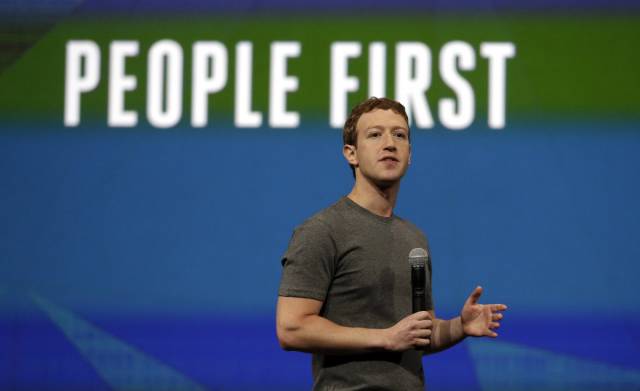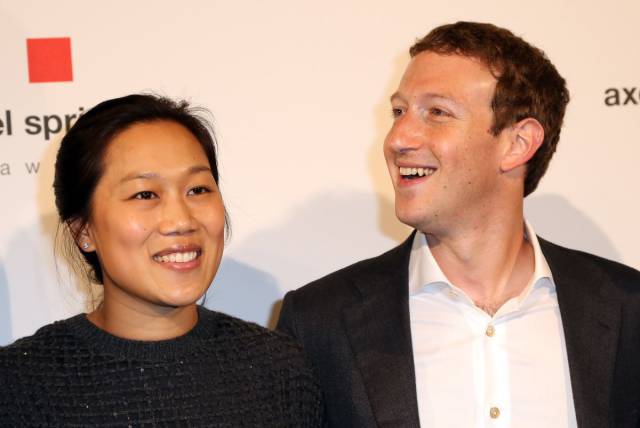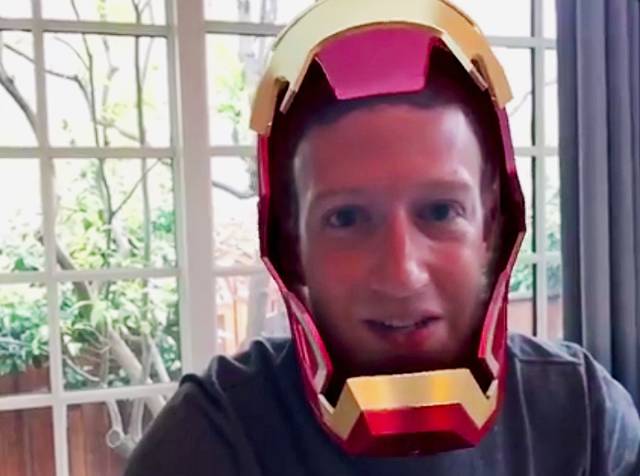Facebook got its start at Harvard's Kirkland House dormitory.
That's the same dorm where Wallace Shawn, who played Vizzini in "The Princess Bride" and the voice of "Toy Story's" Rex, lived during his Harvard years.
In 2003, Mark Zuckerberg, then a sophomore at Harvard, built a website called Facemash.
"Facemash" was a Hot or Not-style site. Zuckerberg used pictures of his classmates that he hacked from the school administration's dormitory ID files. The site got 22,000 page views from 450 people in the first four hours it was up.
A few days later, Harvard ordered it to be taken down, citing copyright and security concerns. Zuckerberg faced disciplinary action from Harvard but was allowed to stay at the school.
Undeterred by the Facemash debacle, Zuckerberg launched "Thefacebook" on February 4, 2004.
Six days after the launch, three Harvard seniors claimed Zuckerberg reneged on an agreement to build a site for them and used their ideas to create what eventually became Facebook.
Cameron and Tyler Winklevoss and Divya Narendra claimed Zuckerberg had agreed to build a website called HarvardConnection.com for them before abandoning them to create his own site. They eventually filed a lawsuit that was settled in 2008.
As part of that settlement, they received 1.2 million Facebook shares. Those shares were worth $300 million when Facebook had its IPO.
Within a month, half of Harvard's students were members of Thefacebook.
By March 2004, Thefacebook had expanded to Yale, Columbia, and Stanford universities. Zuckerberg brought in fellow Harvard students Dustin Moskovitz, Eduardo Saverin, Andrew McCollum, and Chris Hughes as cofounders to help manage the site's growth and build it into a business.
Just a few months after the site's launch, Facebook's team put together the site's first ad-sales pitch.
The slide deck showed the site's amazing early growth — and its limited number of features.
At this point, Zuckerberg was still running Facebook out of his dorm room, but it was time to get serious.
In 2004, Zuckerberg dropped out of Harvard, much like Microsoft cofounder Bill Gates before him.
In mid-2004, Zuckerberg hired Napster cofounder Sean Parker to be Facebook's first president.
In June 2004, Facebook set up shop in a tiny office in downtown Palo Alto, California.
Back then, the company was known for being as much a party hub as it was a serious startup.
This photo was taken from "Now Entering: a Millennial Generation," a 2008 documentary.
That office, right in downtown Palo Alto, was incredibly unassuming.
See that glass door, No. 471? That led to a set of stairs that would take you up to Facebook's space.
Years later, I briefly worked for a company that would use the same office space. There's a good sushi place around the corner.
Mark Zuckerberg would often hang out in the office in shorts, barefoot, and with a beer in hand.
No, seriously, they loved beer.
In this photo, one of the documentary crew members pours a beer from Facebook's keg while Andrew McCollum hangs out with a lady friend.
That office was also well-known for having risqué graffiti art on its walls.
The same month it moved into its Palo Alto office, Facebook got its first outside funding.
The $500,000 investment came from PayPal cofounders Peter Thiel (left) and Elon Musk. Thiel has since become a prominent venture capitalist, while Musk, of course, went on to found Tesla and SpaceX.
By this point, Facebook was starting its rapid ascent toward cultural superstardom.
In May 2005, Facebook raised $13.7 million in funding. In 2006, Facebook created its News Feed. The feature, which gave people a real-time stream of what their friends were doing, was a breakthrough and became a core feature of the site.
In late 2007, Zuckerberg met a Google executive named Sheryl Sandberg at a Christmas party.
At the time, Sandberg was considering taking a new position with The Washington Post. But after meeting her, Zuckerberg decided Facebook needed a chief operating officer, and managed to convince her to come aboard in early 2008.
It was a prescient hire. Facebook was already growing quickly, but the rise of the smartphone brought with it a lot more users.
In 2009, Facebook moved into a slightly larger Palo Alto office in the Stanford Research Park.
The move came as Facebook's site was experiencing explosive growth. By late 2010, it hit a trillion page views a month.
That space wouldn't hold Facebook for long. In 2011, the social network moved again.
This time it set up shop in a corporate campus once occupied by Sun Microsystems, which had fallen from grace and been acquired by Oracle.
Facebook named the campus' main thoroughfare "Hacker Way."
The name was a reference to Zuckerberg's famous philosophy of the same name: "Move Fast and Break Things."
By this point, Facebook was showing that its social network could play a major role in global politics.
The site's influence was highlighted by the Egyptian uprising in February 2011. That uprising was largely organized via Facebook and other social networking sites.
Zuckerberg himself was also getting more involved in the political scene.
Among his first public political actions was to speak to world leaders in support of spreading internet access all over the globe.
Facebook has also long been a proponent of marriage equality and equal rights.
The social network was becoming unstoppable. Facebook had its historic $5 billion initial public offering on May 18, 2012.
That same year Facebook started giving employees its "Little Red Book."
The book, which has since become legendary, consists of propaganda-like slogans. Facebook gave it to employees to make sure, even as the company grew rapidly, they would stay on the same page.
The day after the IPO, Zuckerberg somehow found the time to get married.
Zuckerberg married his long-time girlfriend, Priscilla Chan, whom he met while still at Harvard.
Over the years, the company has snapped up a bunch of hot startups, including photo-sharing service Instagram.
Facebook bought Instagram for $1 billion in 2012. The photo-sharing app now has more than 400 million users.
The purchase was a demonstration of how, despite its rise, Facebook has always been on the lookout for the next startup that threatened to disrupt it.
It also bought virtual-reality headset maker Oculus.
Oculus was an early-stage startup when Facebook acquired it in March 2014 for $2 billion.
And it purchased mobile-messaging company WhatsApp — for $19 billion.
Facebook made the acquisition in February 2014. WhatsApp's cofounder, Jan Koum, joined Facebook board after the deal, and the service now has more than 1 billion daily active users.
By the time Facebook turned 10 in 2014, over 1.23 billion people were visiting the social network every month.
A billion of those users were accessing the social network through their mobile devices.
The world had changed, but Facebook had kept on growing.
To support all that growth, Facebook had to move to a bigger office — again.
In March 2015, Facebook opened a new campus in Menlo Park, California. The campus was designed by legendary architect Frank Gehry to accommodate more than 2,800 employees.
Whatever happens next, the company remains driven by Zuckerberg's mission to connect everybody in the world.
As Zuckerberg put it in a letter to investors in Facebook's IPO filing, "Simply put: we don't build services to make money; we make money to build better services."
In December 2015, Zuckerberg announced he was getting into philanthropy in a big way.
He and his wife formed the Chan Zuckerberg Initiative, a limited-liability corporation to which he plans to contribute 99% of his wealth and reinvest it in world-changing causes.
Even with his contributions to the Chan Zuckerberg Initiative, Zuckerberg is keeping his iron grip on Facebook.
The way he has structured Facebook's stock gives him disproportionate voting power that keeps him in charge, no matter what else happens to the company. So he's not losing control of the company he founded out of a Harvard dorm room any time soon.

